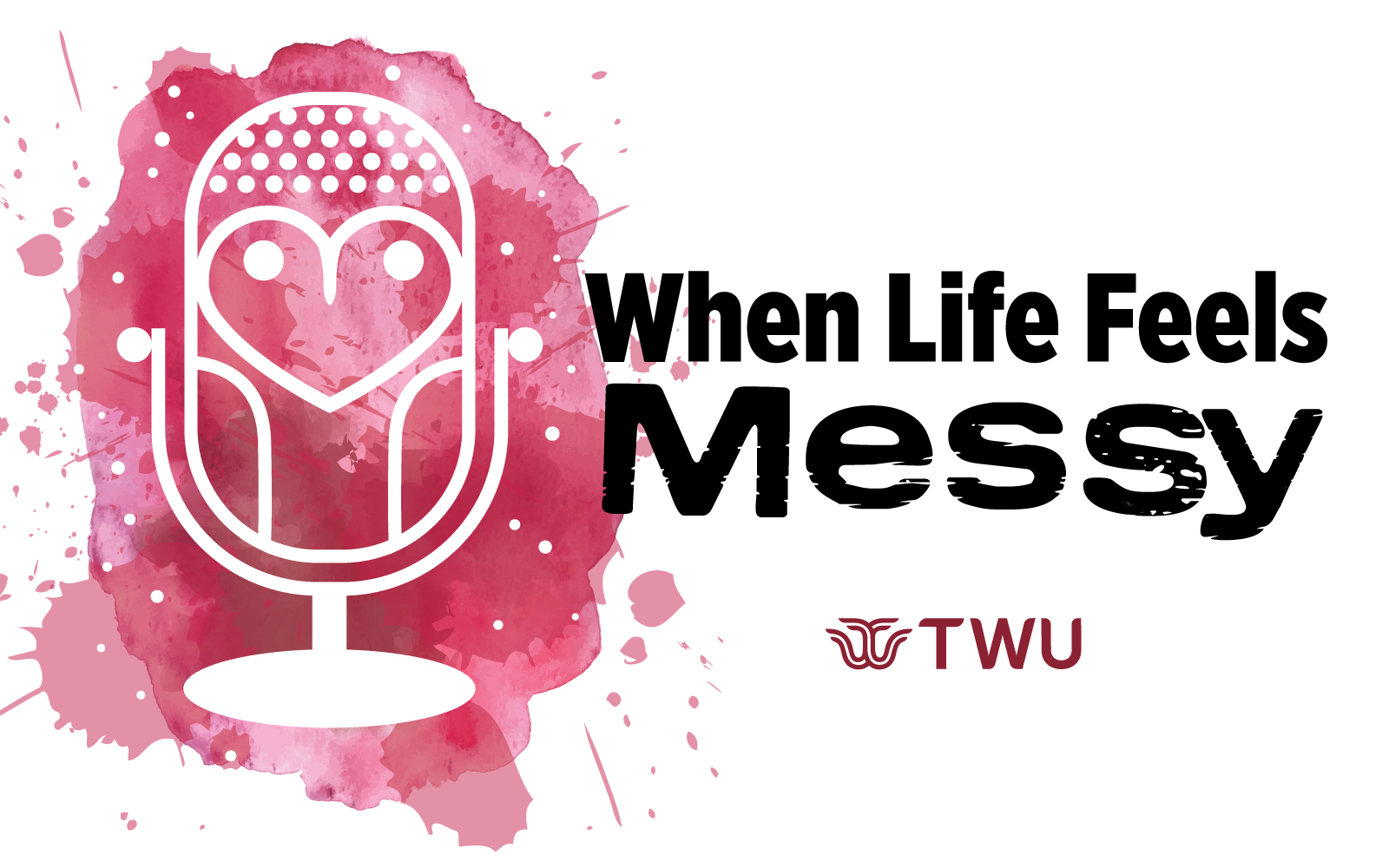- We all know the struggle of balancing academics, social life, and personal growth, but it's crucial to understand that sleep is not a luxury; it's a necessity. Quality sleep plays a vital role in maintaining both physical and mental well-being. Lack of sleep can lead to increased stress, impaired cognitive function, and even negatively impact our immune system. So, let's prioritize those seven to nine hours of restful sleep each night – your body and mind will thank you!
The College Sleep Conundrum:
- Navigating the sleep challenges unique to college life can be tricky. Late-night study sessions, social events, and irregular schedules often disrupt our sleep patterns. However, establishing a consistent sleep routine is key. Try to go to bed and wake up at the same time each day, even on weekends. This helps regulate your body's internal clock, making it easier to fall asleep and wake up naturally.
The Impact on Mental Health:
- The connection between sleep and mental health is a profound one. Adequate sleep is essential for emotional resilience and cognitive function. When sleep is compromised, the risk of developing mental health issues such as anxiety and depression increases. Lack of sleep can exacerbate existing mental health conditions and make it challenging to cope with the daily stressors of college life.
Stress and Sleep:
- College life often comes with its fair share of stressors – exams, social pressures, and future uncertainties. When sleep is neglected, the body's stress response is heightened, leading to increased levels of cortisol (the stress hormone). This not only makes it harder to manage stress but can also contribute to a vicious cycle where stress impedes sleep, and poor sleep exacerbates stress.
Cognitive Function and Sleep:
- Quality sleep is essential for optimal cognitive function. It enhances memory consolidation, problem-solving abilities, and overall cognitive performance. Without enough sleep, your brain may struggle to focus, retain information, and make sound decisions – all of which are crucial aspects of navigating the challenges of college life.
Prioritizing Mental Wellness:
- In the midst of busy schedules and demanding academic pursuits, it's essential to prioritize mental wellness. This means recognizing the value of sleep as a pillar of mental health. Establishing a consistent sleep routine, practicing relaxation techniques, and creating a sleep-friendly environment are not just steps towards better grades – they are investments in your mental well-being.
Combatting Sleep Disturbances:
- For many college students, getting quality sleep isn't as simple as hitting the hay early. Stress, anxiety, and screen time often contribute to sleep disturbances. Consider incorporating relaxation techniques into your bedtime routine, such as deep breathing exercises or meditation. Additionally, limit exposure to screens at least an hour before bedtime to reduce the impact of blue light on your sleep quality.
Creating a Sleep-Friendly Environment:
- Transforming your living space into a sleep sanctuary can significantly improve your sleep quality. Invest in comfortable bedding, block out excess light with curtains or an eye mask, and keep the room cool and quiet. If you share a dorm room, communicate with your roommate about creating a sleep-friendly atmosphere that benefits both of you.
The Power of Naps:
- If late-night study sessions are unavoidable, don't underestimate the power of a well-timed nap. A short nap (20-30 minutes) can help improve alertness and performance without interfering with your nighttime sleep. Just be cautious not to nap too close to bedtime, as it may make falling asleep at night more challenging.
As we navigate the demands of college life, let's not forget the profound impact of sleep on our mental health. Sleep Awareness Week serves as a reminder that prioritizing our well-being goes hand in hand with academic success. By embracing the Zzzs and recognizing the interconnectedness of sleep and mental health, we empower ourselves to navigate the college journey with resilience, focus, and a well-rested mind. So, Pioneers, let's make a pact to trade in those all-nighters for a restful night's sleep – your future self will undoubtedly thank you!
Take care of yourselves!
-CAPS

.jpg)
Comments
Post a Comment